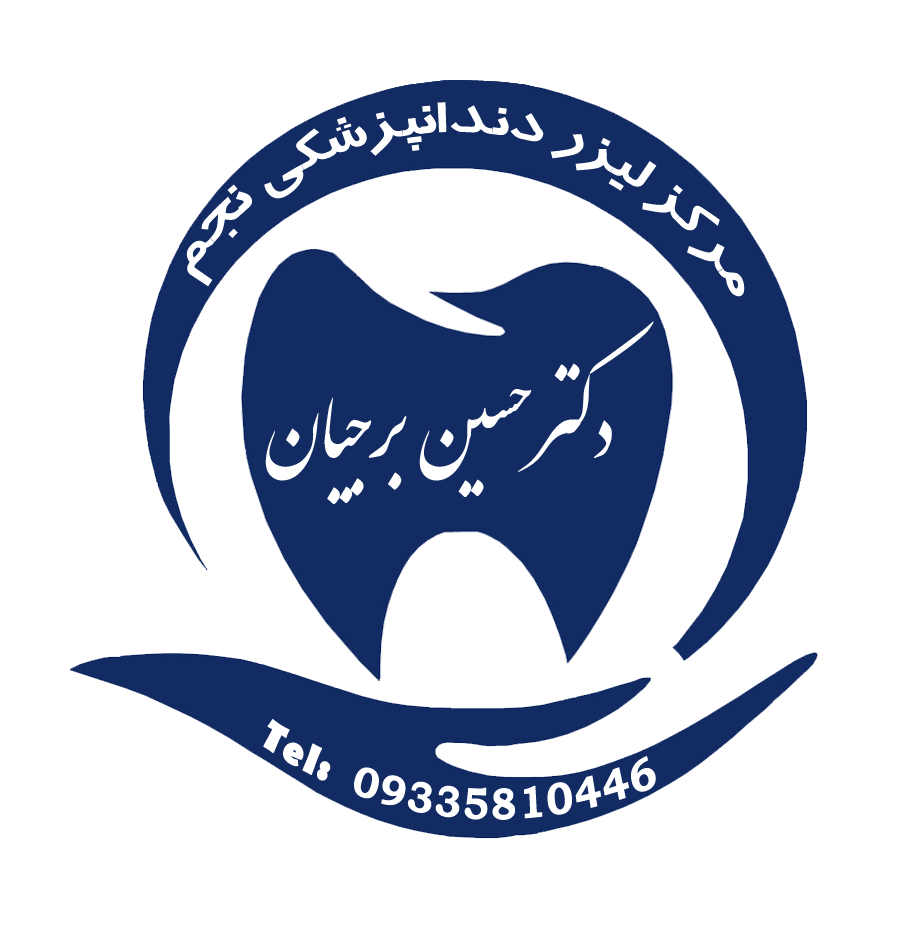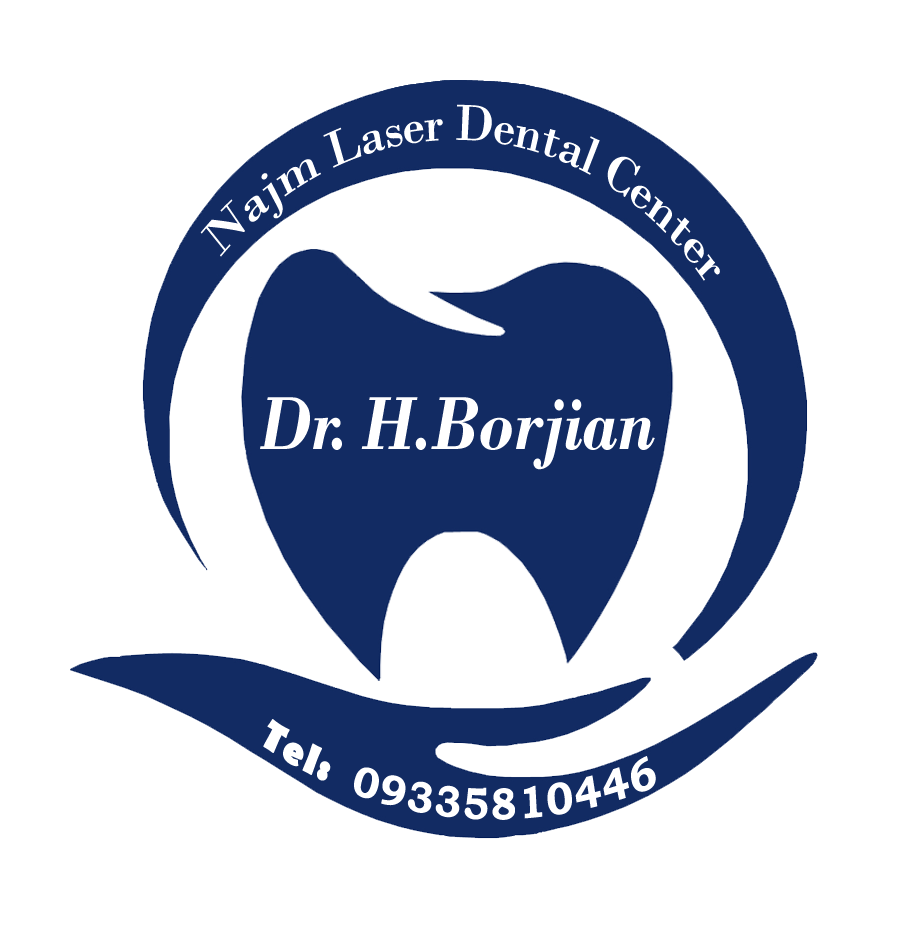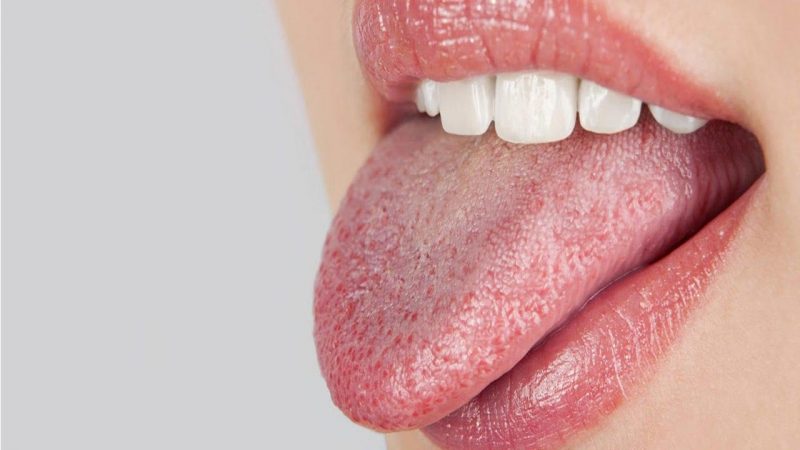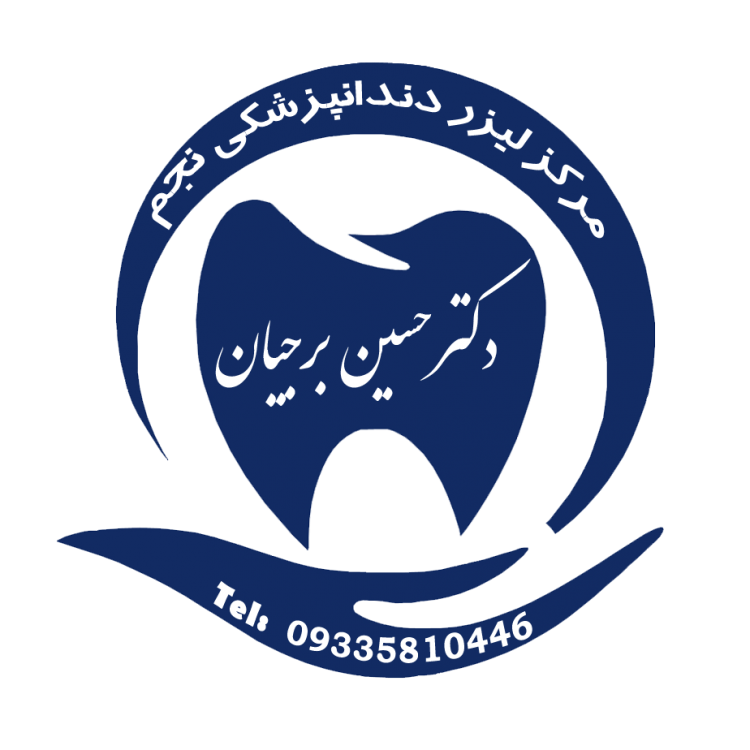Investigation of the cause, symptoms and treatment of oral thrush
Oral thrush occurs when a yeast or bacterial infection develops inside your mouth. It is also known as oral candidiasis, pharyngeal candidiasis, or the simplest name, thrush.. We intend to continue today's article on Dr. Hossein Borjian's website The best cosmetic dentist in Isfahan Let's examine the cause, symptoms and treatment of oral thrush.
Oral thrush often occurs in infants and toddlers. This disease causes white or yellowish bumps on the inner parts and tongue. Usually, these bumps disappear with specific treatment.
This type of infection is usually mild and rarely causes serious problems. But in people with a weak immune system, it is possible for it to spread to other parts of the body and cause potentially serious complications..
Suggested content : Investigating the causes and symptoms of dental fluorosis
Symptoms of oral thrush
In the early stages, oral thrush may not cause any symptoms.
But as the infection worsens, one or more of the following symptoms may develop:
- White or yellow spots on the inner ridges of the tongue, tonsils, gums, or lips.
- If the ridges are shaved, there is a possibility of slight bleeding
- Pain or burning in the mouth
- Sensation of an extra object like cotton in your mouth
- Dry, cracked skin at the corners of your mouth
- Difficulty swallowing
- Bad taste in the mouth
- Loss of sense of taste (taste)
In some cases, oral thrush can affect your esophagus, although this is uncommon. The same fungus that causes oral thrush can cause yeast infections in other parts of the body.. Read more about the symptoms of oral thrush and other types of yeast infections.
Causes of oral thrush
Oral thrush and other yeast infections caused by Candida albicans overgrowth (C. albicans) Is. It is very normal that a small amount of Candida albicans "C. albicans can live in your mouth without causing any harm. When your immune system is working properly, the beneficial bacteria in your body help keep Candida albicans under control..
But if your immune system is compromised or the balance of microorganisms in your body is disrupted, this fungus can get out of control.. If you are taking certain medications, such as antibiotics, that reduce the number of friendly microorganisms in the body, there is a chance that the medications will cause an overgrowth of Candida albicans; In this situation, mouth sores occur.
Also, cancer treatments, including chemotherapy and radiation therapy, can destroy or destroy healthy cells.. This makes you more susceptible to mouth sores and other infections. Conditions that weaken your immune system, such as leukemia and HIV, the risk of contracting oral thrush also increase. Oral thrush is a common opportunistic infection in people with HIV.
Diabetes can also contribute to oral thrush. Uncontrolled diabetes weakens your immune system and increases blood sugar levels. This disease creates conditions for the growth of Candida albicans.
Treatment methods for oral thrush
In order to treat oral thrush, your doctor may prescribe one or more of the following medications:
- fluconazole (Diflucan)Oral antifungal drug
- Clotrimazole (Mycelex Troche), an antifungal drug that is available in the form of lozenge-shaped tablets
- nystatin (Nystop, Real)It is an antifungal mouthwash that you can swish in your mouth or swab in your child's mouth. (rotate)
- itraconazole (Sporanox)Oral antifungal medicine is used to treat people who do not respond to other oral thrush treatments and people with HIV.
- amphotericin B (Bisome, fungi zone)It is a drug that is used to treat severe cases of oral thrush
Oral thrush usually clears up within two weeks of starting treatment, but in some cases it may come back.. In adults who have frequent cases of oral thrush and have no known cause, a health care provider will evaluate them for underlying medical conditions that may be contributing to the thrush..
Babies may have several episodes of oral thrush in their first year of life.
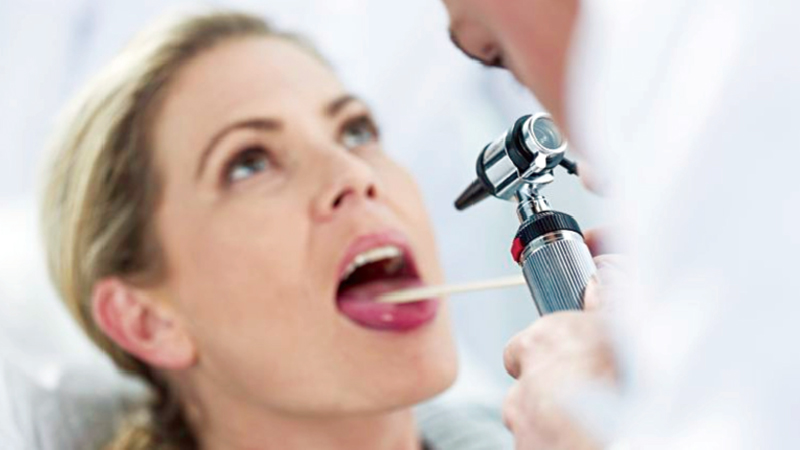
Oral thrush during breastfeeding
The same fungus that causes oral thrush can also cause yeast infections in your breasts and nipples.. This fungus can be transmitted between mother and baby during breastfeeding. If your child has oral thrush, they can potentially transfer the fungus to your breast or other areas of the skin. You can also transfer the fungus to your baby's mouth or skin if you have a yeast infection of the breast or a yeast infection of the nipple..
Also, since yeast can live on the skin without causing an infection, your child can have oral thrush without developing any symptoms of a breast or nipple yeast infection..
If you develop a yeast infection in your breasts or nipples, you may experience the following conditions:
- Pain in the breasts during and after breastfeeding
- Itching or burning sensation in or around the nipple
- White or discolored patches on or around your nipples
- Shiny skin on or around your nipples
- Scaling of the nipple or around it
If your baby has oral thrush or you have a breast or nipple yeast infection, it's important to start treatment for both you and your baby.. This can help prevent the transmission cycle.
Dr. Hossein Borjian's Instagram page
Your healthcare provider may recommend that you do the following:
- Treat your child with an antifungal medication and an antifungal cream such as terbinafine. (Lamisil) or clotrimazole (The lottery) Apply on your breasts. Before feeding the baby, remove the cream from your breast to prevent the cream from entering the baby's mouth.
- Baby pacifier, baby teether, own nipples and other baby items (which he takes in his mouth) Disinfect and sterilize. If you use a breast pump or douche, sterilize all its parts as well.
- Keep the nipple clean and dry between the time until the baby uses it. If you use nursing pads, avoid those with plastic liners that trap moisture and create favorable conditions for fungal growth..
- Your doctor may also recommend lifestyle changes to help treat oral thrush and other types of yeast infections.. Read more tips to control the risk of yeast infection while breastfeeding.
Incidence of oral thrush in infants
oral thrushIt mostly affects babies and toddlers. Babies can potentially get oral thrush after getting the fungus from their mother during pregnancy, delivery, or breastfeeding, or just from yeast that is naturally present in their environment.. If your child has oral thrush, they may have similar signs and symptoms that can affect other people, including:
- The presence of prominent white or yellow spots on the inner parts of the tongue, tonsils, gums, or lips.
- If the ridges are shaved, there is a possibility of minor bleeding
- Pain or burning in their mouth
- Dry and cracked skin at the corners of their mouths
- Oral thrush in babies may cause feeding problems and irritability or hot flashes.
If you suspect that your child has oral thrush, see your doctor. If your baby gets thrush while you're breastfeeding, you both need antifungal treatments.. Read about why treatment is important to keep you and your baby healthy.
Oral thrush in adults
Oral thrush is more common in infants and older adults with weakened immune systems. But this disease can occur at any age. Younger people can also get oral thrush, especially if they have a compromised immune system. For example, people are more likely to develop thrush if they have a history of certain medical diseases, specific medical treatments, or different lifestyle habits that weaken their immune system..
In healthy people with no underlying conditions, oral thrush is unlikely to cause serious problems. But if your immune system is not working well, the infection may spread to other parts of your body.
tip :
- The scientific accuracy of the above published material should be confirmed by the patient's personal consultation with Dr. Borjian.
- This article is managed and published by the site admin.
Ways of communication with the specialized dental center of Najm
